The 2018 Winter Olympics Are In Peril
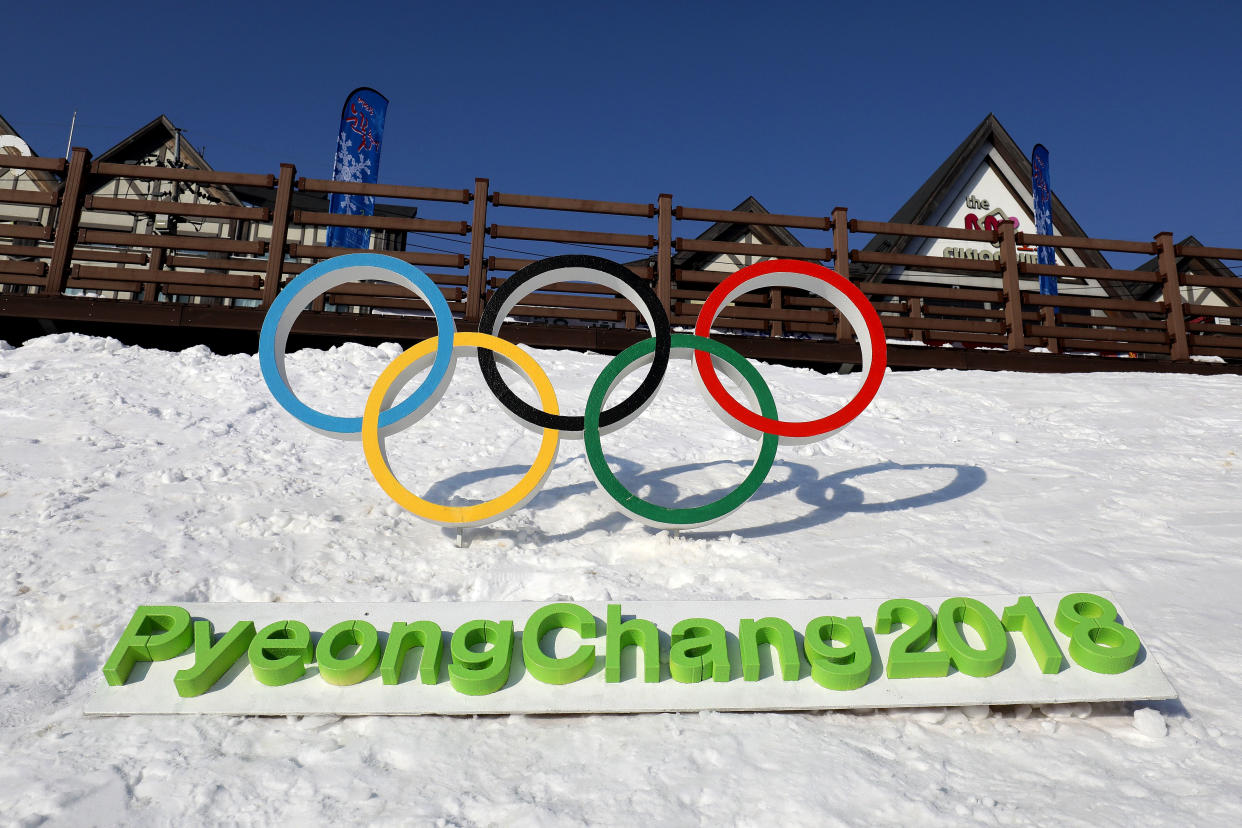
The tranquil city of Pyeongchang, South Korea always seemed like an unlikely host for the 2018 Winter Olympic Games, but it prevailed over bids from the much more developed and central Munich, Germany, and Annecy in the French Alps.
A small city of about 44,000 inhabitants, it sprawls over the snowy, low-lying Taebaek Mountains near South Korea’s northeastern edge. The New York Times reported in 2011 that the area is marked by "abandoned coal mines and by steep hills scarred by barbed-wire fences, bunkers and minefields placed there to guard against invasion by North Korea."
Although Olympic host cities are always talked-about in the months leading up to the Games (remember the drama around Rio 2016?), Pyeongchang has now found itself in the uncomfortable position of being caught in political crossfires: the United States’s current diplomatic situation with North Korea is at best fraught (and that’s putting it lightly), and Pyeongchang sits just 40 miles from the North Korean border. That’s close enough for a missile launch - even one of the botched ones for which the dictatorship is becoming known.
With the games just about eight months away, tensions have already started to mount: citing scheduling conflicts, the National Hockey League stated last month that its players would not compete in the games; environmentalists are outraged that a "sacred" Korean forest has been cut down to make way for ski trails; the People’s Republic of China has sent a rumored 150,000 troops to its border with North Korea; and Pyeongchang 2018’s organizing committee has gone through a revolving-door of leadership changes. The atmosphere surrounding the upcoming games is certainly tense - and a backdrop of political conflict between two global superpowers and a bellicose autocracy isn’t helping.
To cancel the Games with less than a year’s notice would be a political and cultural travesty of epic proportions - the last time it happened was during World War II. To relocate the Games, on the other hand, would be a logistical nightmare, but perhaps not impossible. Here, a few of our thoughts on some last-minute switches that could very well do the trick.
Vancouver, Canada
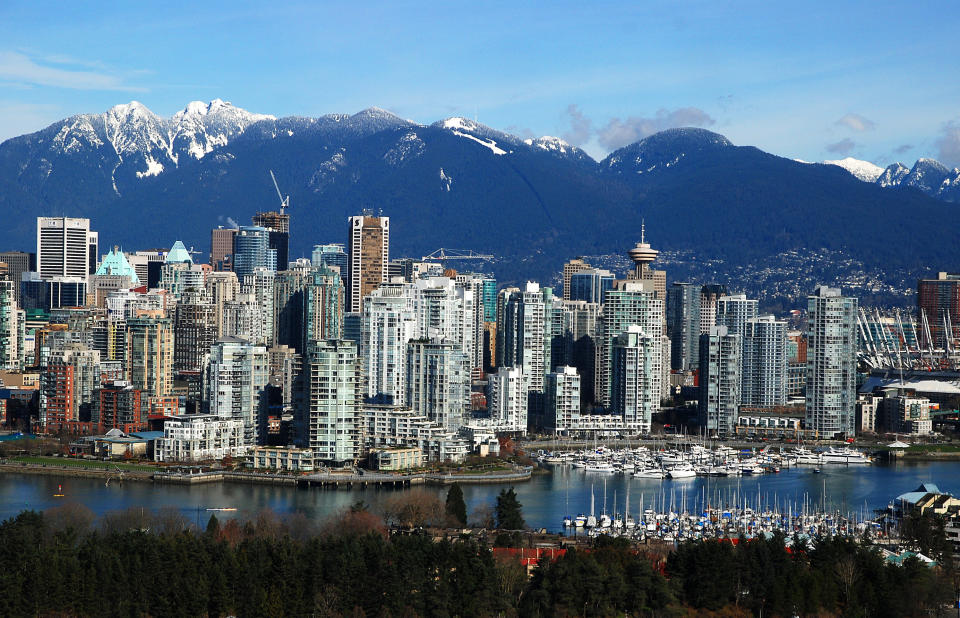
Vancouver 2010 is widely hailed as one of the most successful Winter Olympics in recent memory, with state-of-the-art venues that are still largely in use. It might be hard for Team Canada to top their pulse-pounding overtime hockey victory over the United States, but we always welcome a little healthy competition with our neighbors to the north.
Oslo, Norway
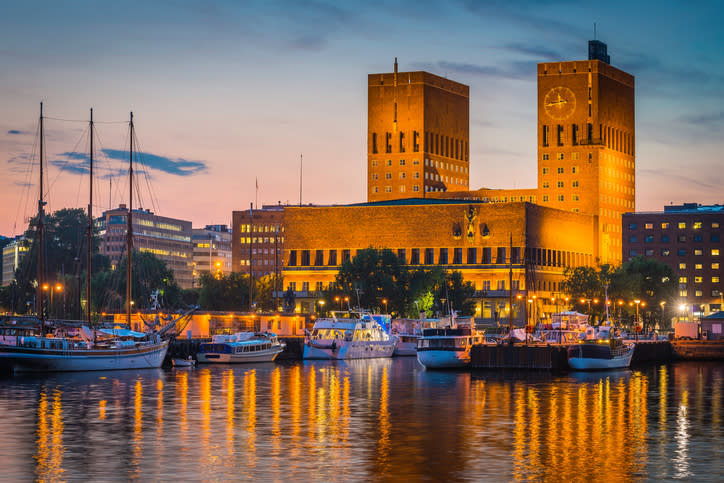
Norway’s capital had a compelling offer for the 2022 Winter Games, but unfortunately decided to cancel its bid after some inter-party political disputes in 2014. It’s too bad, because culturally speaking, Norway is on fire: Oslo Runway now competes with the better-known Scandinavian fashion weeks in Stockholm and Copenhagen; HBO just acquired the rights to develop an American version of the hit Norwegian TV show Skam; not to mention, Norway literally invented skiing.
Plus, don’t forget about treasured Norwegian export Kygo, the deejay who performed at Rio 2016's Closing Ceremonies. He recently released "It Ain’t Me" with Selena Gomez and "First Time" with Ellie Goulding, two singles which will likely land among 2017’s biggest summer anthems - and the world would certainly tune in to see him do a set at the Opening Ceremonies.
Munich, Germany
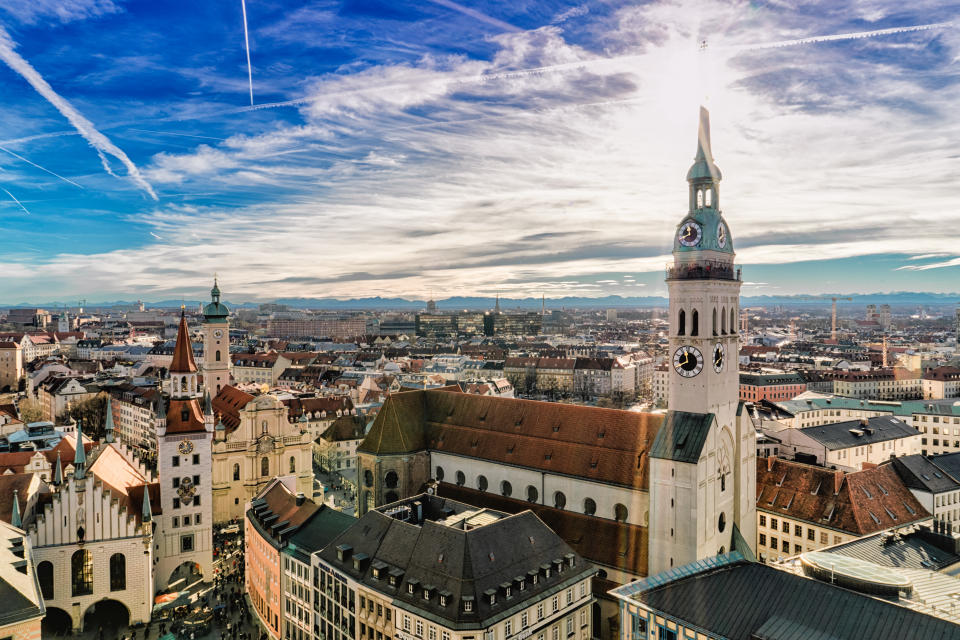
One of the runner-up bids for the 2018 Winter Games, Munich put forth a compelling campai. It argued an environmentalist approach, using existing venues around the city from the 1936 and 1972 Games. One problem - Bavaria has pretty low annual snowfall, so any environmental gains would be offset by the huge amount of artificial snow that would have to be produced.
Annecy, France
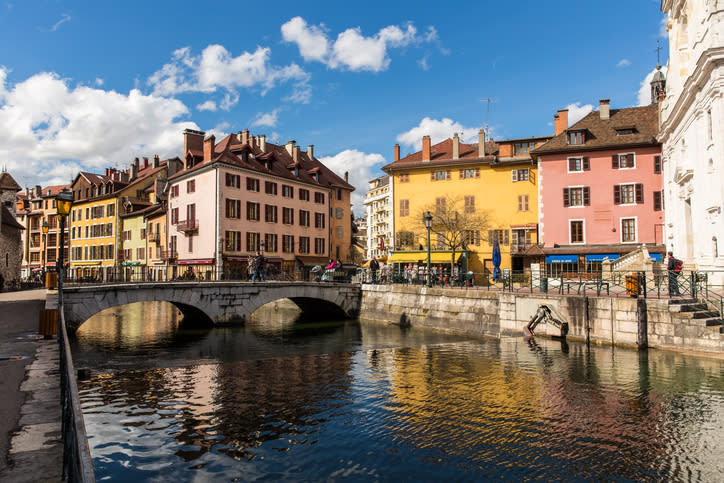
Another one of the runner-up bids for the 2018 Winter Games. Given France’s recent election drama and mounting ethno-racial relations, it could certainly benefit from the good P.R. of a unifying Olympiad. Plus, who could say no to a trip to the Alps?
Patagonia, Argentina
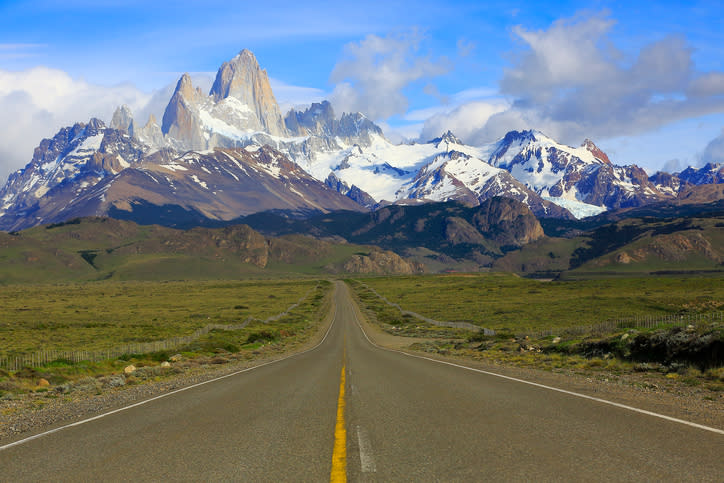
Alright, Patagonia might be a pipe dream due to its remote location and lack of infrastructure, but it’s rumored that Argentina will bid for the 2026 Winter Games. Until Rio 2016, there had never been an Olympiad held in South America, and based on the caliber of Games that Brazil was able to put on with less than half the operating budget that London 2012 had, it’s clear that South America would have the gumption to give the world a run for its money.
Lake Placid, New York
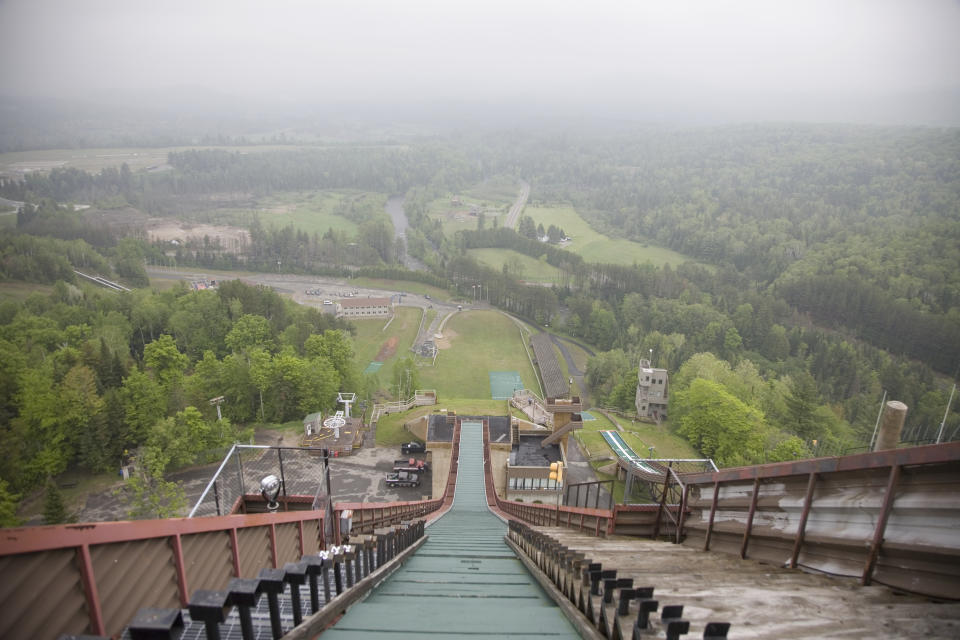
Much of the infrastructure from the 1980 Winter Olympics is still in use, which could make quick work of adapting Lake Placid for 21st-century competition. And surely there would be no shortage of manpower - an abundance of Williamsburg-dwelling millennials would be thrilled to head north on Amtrak’s Adirondack to volunteer for a week or two.
You Might Also Like


